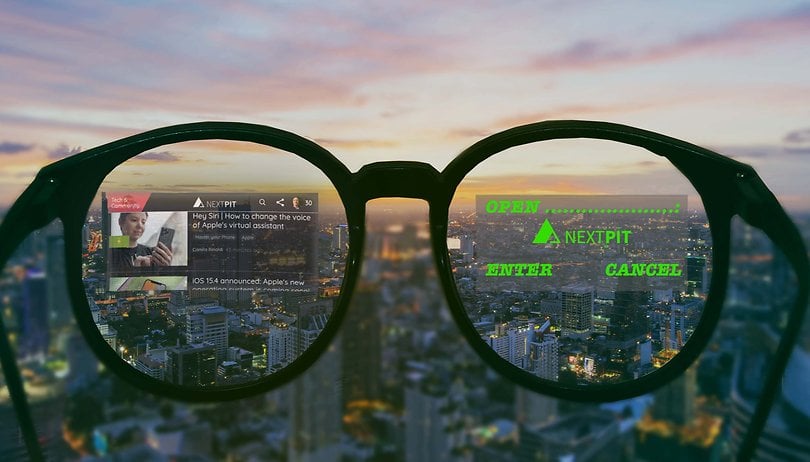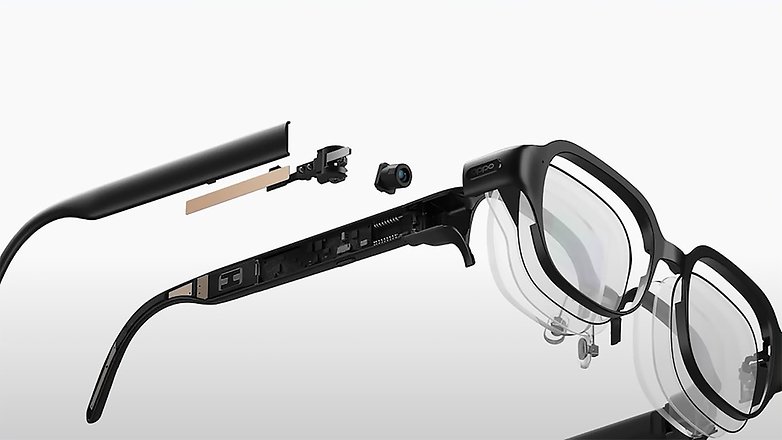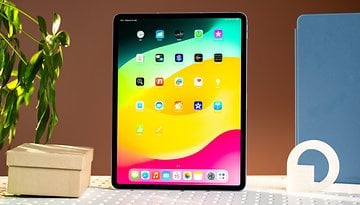Oppo Air Glass 2: Apple should copy these wild AR glasses features


Read in other languages:
Apple is not expected to announce the rumored iGlass until 2024, but it might already take a cue from Oppo. Among the slate of products that the Chinese company announced during the Inno Day is the Air Glass 2 packed with promising technologies other brands may copy or not.
Oppo drastically revamped the 2nd gen AR glasses by using the first resin-based optical waveguide lens, producing a lightweight build. Oppo says the glasses only weigh 38 grams, which is a smidge heavier than the Google Glasses at 36 grams and the previous Air Glass at 30 grams. But what's surprising is the inclusion of speakers and microphones to enable voice calling and real-time language translation.
- Also read: Why hasn't the Apple Glass launched yet?
Oppo next-gen smart AR glasses
The micro-LED displays of the Air Glass 2 are integrated into the actual lenses making the pair look discreet and undistinguishable from regular glasses. Oppo also stated that its smart glasses support vision correction to improve the wearer's eyesight. There is also extended customization, but it's unclear how this will be utilized with the built-in micro projectors.
In addition to a teleprompter, Oppo's Air Glass 2 gets voice-to-text inscription, reminders, and voice-guided navigation, among others. Other specs of the Air Glass 2 include a Snapdragon 4100 processor, 10.5 hours of battery life, and up to 1400 nits of brightness.

Oppo Air Glass 2 price and release date
Oppo has not confirmed the global availability and price of the AR glasses. Conversely, the original Air Glass was exclusively released in China for about $700. At the same time, it also unveiled the MariSilicon Y audio chip and OHealth H1 six-in-one monitor.
Meanwhile, Apple is tipped to announce its first AR/VR headset next year and it will be running on the xRealityOS. But Apple's XR (extended reality) headset is not designed for mass consumers given the high cost. A follow-up to it will be released as a cheaper AR-based Apple glasses.
With Meta's VR troubles, do you think it will be logical for Apple to prioritize its AR devices first? We'd love to hear your opinion.



















